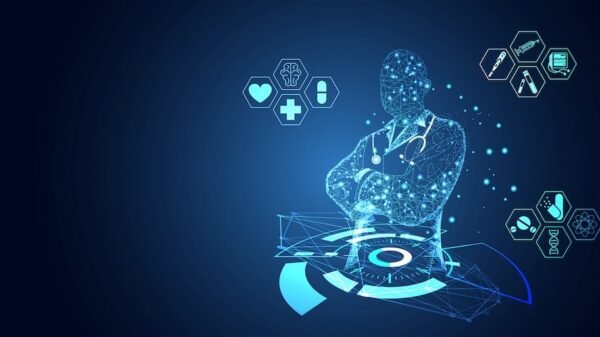AI-Generated Music Collaborations: Redefining Creativity in Music
The Emergence of AI in Music Creation Artificial intelligence has made significant strides in the music industry, transitioning from a supportive tool to an active collaborator in the creative process. With advancements in machine learning and neural networks, AI can now compose melodies, generate harmonies, and mimic various musical styles. This integration allows musicians to experiment with new sounds and push the boundaries of traditional music creation. By collaborating with AI, artists have the unique opportunity to merge human creativity with technological innovation, resulting in compositions that were previously unimaginable.
How Musicians Collaborate with AI
Artists collaborate with AI in multiple ways, from using AI-powered software to generate base tracks and ideas to fully incorporating AI-composed segments into their music. AI tools can analyze large datasets of music to identify patterns and create original pieces that match a certain genre or mood. This capability allows musicians to access a virtually limitless source of inspiration. By using platforms like OpenAI’s MuseNet or Google’s Magenta, artists can compose with assistance or create entire songs collaboratively, experimenting with different instruments and arrangements guided by AI algorithms.
Expanding Musical Styles and Genres
One of the most compelling benefits of AI in music is its ability to help artists explore genres and styles outside their comfort zone. Musicians can use AI to blend disparate styles, such as classical with electronic or jazz with hip-hop, creating unique and innovative sounds. This cross-genre experimentation can breathe new life into an artist’s portfolio and inspire fresh musical trends. By analyzing music from different periods and cultures, AI can provide insights and elements that artists may not have previously considered, broadening their creative horizons.
Revolutionizing the Creative Process
The creative process in music can sometimes be hindered by creative blocks or limitations in knowledge and skills. AI-powered tools can act as a co-composer, generating suggestions and helping artists overcome these barriers. For instance, an artist facing difficulty in constructing a bridge for a song can use AI to suggest various chord progressions or melodies that seamlessly integrate into their composition. This collaborative approach revolutionizes how musicians approach songwriting and composition, making the process more fluid and efficient.
Pushing the Boundaries of Music Production
AI-generated music not only enhances the compositional process but also impacts music production. Producers can use AI to create unique sound effects, remix tracks, and automate repetitive tasks, such as equalizing and mastering. AI tools can analyze the sonic qualities of a song and make adjustments to balance levels, optimize audio quality, and create polished final products. This innovation in music production reduces the time and effort needed to achieve high-quality results, allowing musicians to focus more on creativity and less on technical details.
Ethical Considerations and the Human Touch
While AI-generated music presents exciting opportunities, it also raises ethical questions about authorship and originality. If a song is composed with significant AI input, questions arise regarding who owns the creative rights—the artist, the developer of the AI, or both. Additionally, some purists argue that music created with AI may lack the emotional depth that comes from human experience. However, many musicians see AI as a tool that enhances, rather than replaces, their artistic input. By blending AI-generated elements with human creativity, artists can maintain their signature touch while leveraging technology for inspiration and efficiency.
Conclusion: The Future of AI in Music
AI-generated music collaborations are ushering in a new era of music creation, where the line between human and machine becomes a playground for innovation. This technology empowers musicians to experiment with unprecedented styles and push creative limits, fostering a richer and more diverse musical landscape. As AI continues to evolve, its role in the music industry will likely expand, shaping how music is composed, produced, and experienced. While challenges around authorship and emotional authenticity persist, the potential for collaborative creativity between musicians and AI promises to transform the future of music.



































